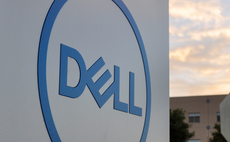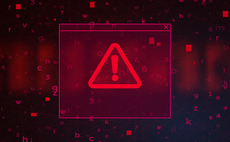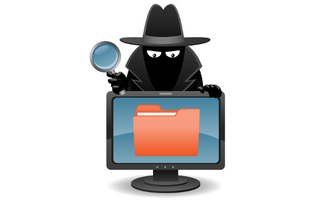New report states Duqu Trojan may not have been created by the Stuxnet team as previously thought
A new report into the Duqu Trojan questions the previously accepted belief that it was created by the team behind the Stuxnet malware, which targeted Iran's nuclear programme last year. The rese...
To continue reading this article...
Join Computing
- Unlimited access to real-time news, analysis and opinion from the technology industry
- Receive important and breaking news in our daily newsletter
- Be the first to hear about our events and awards programmes
- Join live member only interviews with IT leaders at the ‘IT Lounge’; your chance to ask your burning tech questions and have them answered
- Access to the Computing Delta hub providing market intelligence and research
- Receive our members-only newsletter with exclusive opinion pieces from senior IT Leaders





















